One core aspect of parenthood that I was particularly daunted by, before becoming a mother myself, was the enormous weight of responsibility that comes with it. Those two pink lines staring back at me came with the stark realisation that after nearly three decades of only having myself to look after, I was now being entrusted with nurturing this tiny, growing little person. I took on the simpler recommendations easily – healthy eating, cutting out alcohol – but when it comes to other decisions, such as whether to take anti-emetic medication for severe morning sickness, or whether to have the whooping cough vaccination in the third trimester, without a clear idea of how that may affect our baby, the weight of responsibility for making that choice can feel overwhelming. As a parent, it’s natural to feel fiercely protective over our babies, and as such I think it’s really important to have all the information, reliable information, that you need to make these decisions comfortably. Today I’ll be talking about meningococcal meningitis and the MenB vaccine, the latest addition to the UK national childhood immunisation programme, with the aim of giving you the knowledge to make this particular choice on behalf of your child with more confidence.
Meningococcal disease comprises meningitis (infection of the membrane covering the brain and spinal cord) and septicaemia (infection in the bloodstream), and are caused by a bacteria called Neisseria Meningitidis, of which there are several types. The most common types in the UK are B (around 90% of cases), C, W and Y. The bacteria can be found in the throats of around 10% of adults, where they are usually harmless, due the the body’s natural defences. They are spread from one person to another through saliva – coughing, sneezing, kissing and sharing food or drink; but in susceptible individuals, particularly babies, once spread the bacteria may rapidly develop into meningococcal disease. Meningitis or septicaemia caused by this bacteria requires emergency treatment in hospital with antibiotics as early as possible, however even so the disease is fatal in 5-10% of cases, and those who survive can be left with lifelong disabilities.
The Meningococcal B (MenB) vaccine was introduced on the 1st September 2015 as part of the national immunisation programme. The vaccine, which also goes by the brand name Bexsero, is given in three doses, at 2, 4 and 12 months of age, and provides protection against the type B bacteria which most commonly cause meningococcal disease. Babies born on or after May 2015 were offered a catch-up vaccination, but there is currently no MenB immunisation offered for older children on the NHS, unless they suffer from a health condition which puts them at high risk of meningococcal disease. Back in 1999, a vaccine was introduced against type C meningococcal meningitis, MenC, which successfully vastly reduced the rates of disease from this strain of bacteria and saved hundreds of lives as a result – this is still offered on the UK national immunisation programme at 12 months of age. Due to the nature of the type B bacteria, it has been very difficult to develop a vaccine to protect against it, hence it not being previously available, and only very recently introduced, despite being the leading cause of meningococcal meningitis in the UK.
An understandable concern of many parents regarding any vaccination, but particularly a new one, is whether there are any risks or side effects to having it. Prior to being rolled out on the immunisation programme, the MenB vaccine was tested in clinical trials on 8000 people, including 5000 children, and was not found to have any serious adverse events; to date over 1 million MenB vaccinations have been administered, showing that the vaccine has a good safety profile. It has however, drawn attention to itself due to the fact that when given at 2 and 4 months of age, it carries a higher risk of causing a high temperature than the other vaccinations given at that time. for this reason, the NHS recommends that three doses of paracetamol are given after the first two MenB vaccinations at 2 and 4 months: one at the time of, or soon after immunisation, a second 4-6 hours later, and a third 4-6 hours later. Without paracetamol, over half of infants will develop a high temperature, which peaks at around 6 hours after the vaccination. By one year of age, a baby’s immune system is more developed and paracetamol not routinely recommended after the MenB booster dose, unless they develop fever and discomfort. The other common side effects of the MenB vaccination, are:
Redness, swelling or tenderness around the injection site
Being miserable or unsettled
Loss of appetite
Muscle aches
Sleepiness
Rashes
These side effects are expected to last for a total of 1-2 days. Always speak to your doctor before getting the MenB vaccine if your child has ever had a serious reaction to a vaccination, has had a fever on the day of the jab, or has a bleeding disorder.
Should I Get The Vaccine Privately?
I know that many of you have an older child that had their first immunisations before the MenB vaccine was rolled out, and as it is not available to over twos on the NHS, it has left you wondering whether you should pay to have your child immunised privately. I can only imagine that this situation feels particularly uncomfortable if you have one child who has had the vaccination, and a second who has not, as we always strive to give each of our children equal opportunities.
The reason that the MenB vaccination was rolled out to all babies from September 2015, but not older children, is multifactorial. Firstly, cases of meningococcal meningitis and septicaemia are most common in babies aged under 1, with peak incidence at 5 months old. In the UK, there are 12 cases per 100,000 children aged 1-4; but this drops to only 2 cases per 100,000 children aged 5-9 years old. Due to practical, logistical and cost reasons the government had to choose to focus the immunisation programme for MenB on the group at highest risk of meningococcal disease, rather than attempting to treat all children. Following the MenB vaccine being rolled out, older children who have not had the vaccine themselves, in time, will have some protection due to herd immunity. The idea behind this is that as younger children will be immunised against the type B bacteria, there will be less cases of the disease, and therefore less to potentially spread to others — and so cases of the disease in older children will also fall.
The MenB vaccine is available privately for older children, and those aged over two will require just 2 doses, rather than 3, for full immunity. The cost price per vaccine is around £75, and it is worth shopping around for the best price from your own GP surgery, to other practices and local travel clinics. Whether you should get your older children immunised is ultimately your choice, and you may find it a difficult one to make – but I do hope that this information has made this decision a little more clear for you.
For those of you that have older children, I wanted to add that there is a second peak in cases of meningococcal disease between the ages of 15-19 years, in particular amongst university freshers. In response to this, another vaccination was rolled out in 2015; this one is called MenW: it protects against meningococcal disease caused by type A, C, W and Y bacteria and is available to all 14-18 year olds on the NHS.
If you are still with me, thank you! I really do hope that you have found this to be useful, and if you have any questions about anything, pop them in the comments and I’ll do my best to answer them. To finish, I’ll leave you with a table of signs that may represent meningococcal disease in children aged under five; we all knew about the key symptoms in adults (headache, neck stiffness, non-blanching rash) but it’s important to remember that in young children the signs can be more subtle, and non-specific, which can make them harder to pick up early on. Keep this table handy, and if your child is unwell, and you suspect meningococcal disease, be sure to seek medical help without delay.


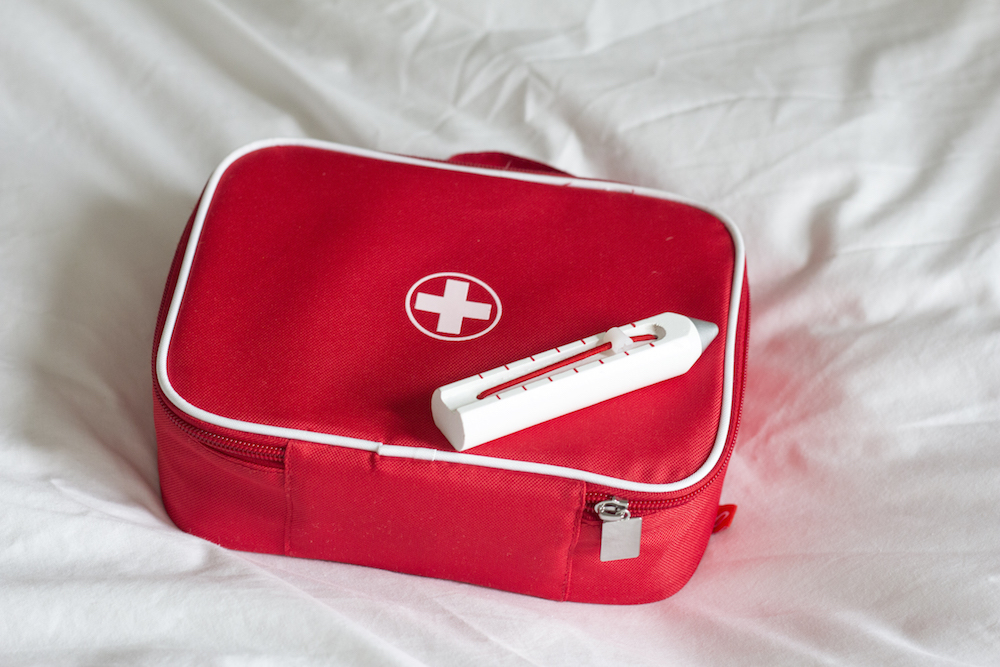



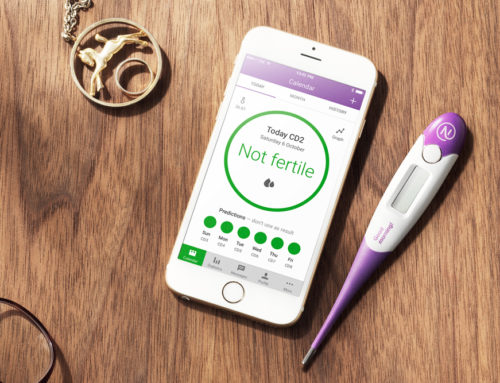


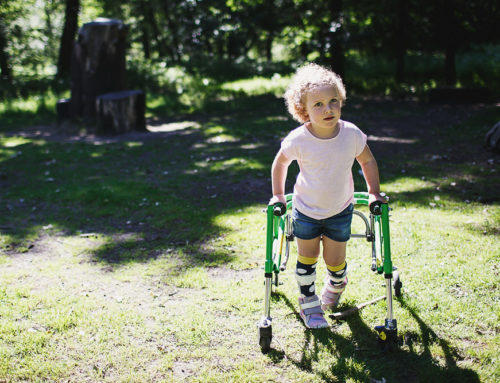
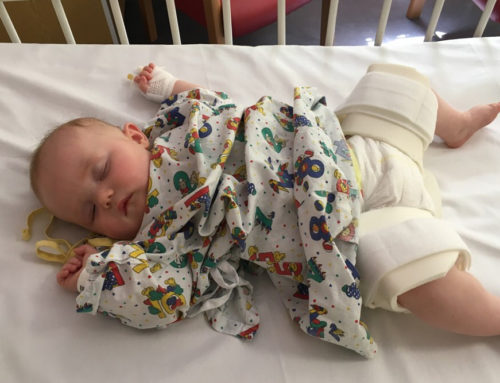

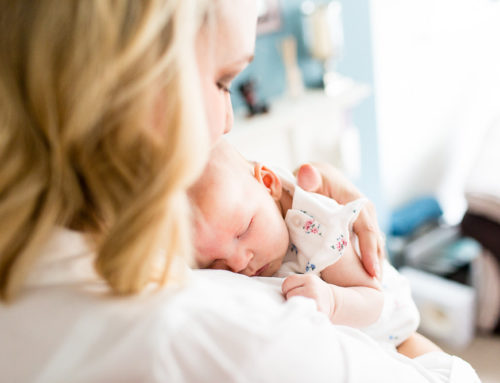

Another brilliant post, thank you. We were really lucky my little girl had her 2 month jabs booked in for 2 Sept 2015 so got all three doses of the vaccine. I know it can be a worry for some about potential side effects but I just think we are so fortunate to live in a country where vaccinations for these illnesses to be available.
Hi Mrs D, I don’t often think about how lucky we are to have these vaccinations available to us in the UK, but you’re absolutely right. I’m so glad you like the post! Thank you x
*are available
Thanks for this. We missed qualifying for the catch-up programme by 4 months and have been on a waiting list for a private Bexsero vaccine for almost a year now as there has been a shortage of supply in our area. I should really chase it up as it could be that we’ve been missed as we moved recently.
It always felt SO frustrating and unfair that we missed the cut-off so closely. Whenever I think about it and the fact we’ve still not received the immunisation I feel confused/stressed/guilty so thank you for presenting the facts in a clear, unbiased way.
Hi Philippa, I can see how being so close to the cut off would be very frustrating, I’m sure I would feel the same. I didn’t actually look into ordering the private vaccine, so I wasn’t aware of the supply issues you mentioned – that’s really helpful to know, in case any of my patients ask me! Thank you
We missed it by a month too- and I was quoted £200 for private jabs back in 2015. I wonder if the price has come down after an initial rush! Thinking I will investigate more- as you spotted, it’s very uncomfortable thinking one child will have it and one not.
Nerdy archaeology case study- excavations in Athens uncovered a (I think 3rd century BCE) well that had a large number of infant remains inside, all aged under 4 months. Tests showed the vast majority had died from meningitis. We are so lucky to have these vaccinations for our littles.
Lucy this is so sad but fascinating also. I’d not really considered this side of archeology – it brings the past starkly into the present day doesn’t it.
Lolly I worked on a site where we had a number of infant skeletons. Heartbreaking, especially when you consider the danger the mothers went through. These little guys were disarticulated too- at least the well babies had a formal burial of sorts. Distressing stuff.
Hi Lucy, it is quite a significant amount and it would be worth looking into other places that are offering the vaccine, although I suppose considering how crazily expensive having a child is – prams, car seats, toys, nursery fees – it is ‘just’ another expense! I do see how it must have been very frustrating that you were so close to being offered it on the NHS.
That is so fascinating! How interesting that they were able to uncover how they died, and how tragic that must have been for their families.
Thank you for this Hannah.
I asked about getting the jab privately for our 2 and a half year old on your introduction post and your response to a different question ( I think it was possibly about flu jabs in pregnancy) made me wonder what we were waiting for and I booked her appointment the very same day.
We paid £165 and she’s due another jab in a couple of weeks.
I know it’s expensive, but I felt a huge sense of relief after her appointment, especially as we had been um-ing and ah-ing anout getting it done for probably over 12 months and on a waiting list.
Hi Jane, yes I remember talking about that in response to one of the comments – I’m really pleased if it helped you make the decision, and it’s always such a relief to decide for definite one way or the other. Thank you for your comment!
We’ve just paid £220 (£110 for each injection) at Boots for my 3.5 year old son. We dithered for ages but ultimately couldn’t handle what would happen if heavens forbid he caught it and we hadn’t immunised. Relieved it’s done now even if the cost is pretty huge.
PS – small benefit of doing it at Boots is a sack-load of Advantage card points, especially if you have a double points voucher knocking about…
x
Ooh that’s interesting about getting it done at Boots….i do love some advantage points!
Hi Stacy, I didn’t know that it was available at Boots! I’m off to look into whether I can get the chicken pox vaccine for Oscar there too…
Would you recommend the chicken pox vaccination then Hannah? I’m wary of getting it just because my daughter was quite poorly after her MMR jabs (nothing severe but over a week of very miserable child and obvious sore limbs meaning she didn’t walk for a day or so etc) and although I’m very pro-vaccine, I’m wondering whether the potential side effects of the chicken pox vaccine are worth it given it isn’t on the NHS recommended list. Any thoughts? Thank you 😊
That’s a very informative post Hannah. I have done a fair bit of reading on it before and your article seems to be the most comprehensive one I’ve come across and read all the way through. I really need to book Anna in even though statistically it’s not very likely I’m not sure I could deal with the guilt if she needed it.
Hi Kat, thank you so much – I really appreciate that! I know what you mean, for a lot of people it’s not really about the level of risk, rather if there is ANY risk. We don’t want to take any changes with our little ones!
Excellent post! Our baby got the MenB vaccinations recently (on the NHS) but I definitely would have done them privately otherwise.
And sorry to jump on this but we’re currently debating to get the chickenpox vaccine done – if anyone has any feedback on that, I’d appreciate it 🙂
Hello Maike, I’m also thinking of the chicken pox vaccine for Oscar! I was going to get it for financial reasons – the cost of the vaccine is way less than the money I would lose if I had to have 2 weeks of unpaid leave from work to look after Oscar whilst he had chicken pox, but recently a colleague who works in paediatrics mentioned that she has seen a few children admitted to hospital with complications from chicken pox, that clinched it for me – I think I will get it done.
Just read this reply so please feel free to ignore my comment!
Thanks so much for this Hannah – I’m really loving your posts. This is something I’ve thought about a lot. My daughter was born in January 2015 so we missed out on the vaccinations by a couple of months. I have another baby due later this year who will get them, but even before I knew she’d have a brother or sister with the vaccination, I wondered if we should pay for them. Your post has given me more food for thought. Looking forward to the next one! x
Hi Tracy, thank you so much – I’m so glad you like the posts so far. I hope it helps with making the decision!
This series really is superb, well done RMF and Dr Le Witt. I look forward to the next installment.
Steph, thank you so much! What a lovely comment to receive, I really appreciate it.
Thanks so much for this Hannah – so informative. Mabel just missed the cut off too – and then we were in a predicament where there was a national shortage. My sister has Men B when she was 2 and I can remember what an awful ordeal it was (she was very lucky our local GP spotted it so early – her only lasting side effect is reduced hearing) so was determined to have my daughter immunised. That said, I found the online information very confusing hence my request to Hannah today.
We went to a local private clinic but did have to wait some months due to the shortage. After the first injection Mabel was fine but did spike a fever/was quite unwell for a day or two after the second.
Hi Charlotte, thank you – I’m so glad it’s been a helpful post. I didn’t know about the shortage of the vaccine, so that’s really useful to find out!
Really interesting article. Useful info about the use of paracetamol for the different stages of their vacinations, I have to say I was totally confused when my little girl went for her 1 year jabs as to whether I should be busting out the calpol or not!
Thank you so much Hannah, my son’s getting his first set of vaccinations today and while I’ve been pretty worried about them, just being reassured of what’s involved and why they’re so necessary has really set my mind at ease. Such a useful post once again. x
Hannah, this series is just fantastic. Thank you so much! It’s brilliant just to get calm, intelligent advice without any bias (other than keeping babies and children well!) xx